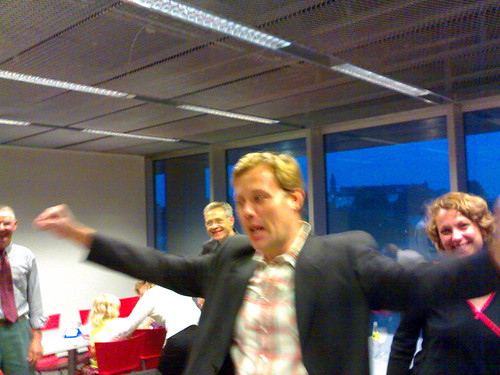… will be held at ITU on Monday 27.11.2006.
From the official page:
Monday November 27th 2006, 8:30-16:15
IT University of Copenhagen, Rued Langgaards Vej 7, 2300 Copenhagen s, Auditorium 2. How to get here.
The emotional dimension of computer games has has in the recent years became a popular focus for game research and development. While new games appear dubbed as “emotional rollercoaster rides”, academic research projects attempting to understand games and emotions pop up on the fields of game studies, psychology and HCI, to name a few. Even if one does not subscribe to David Freeman’s statement that the next revolution in games is emotional, the topicality of emotions as both a subject and an approach for computer games research seems evident.
Continue reading First European symposium on Computer Games and Emotions


